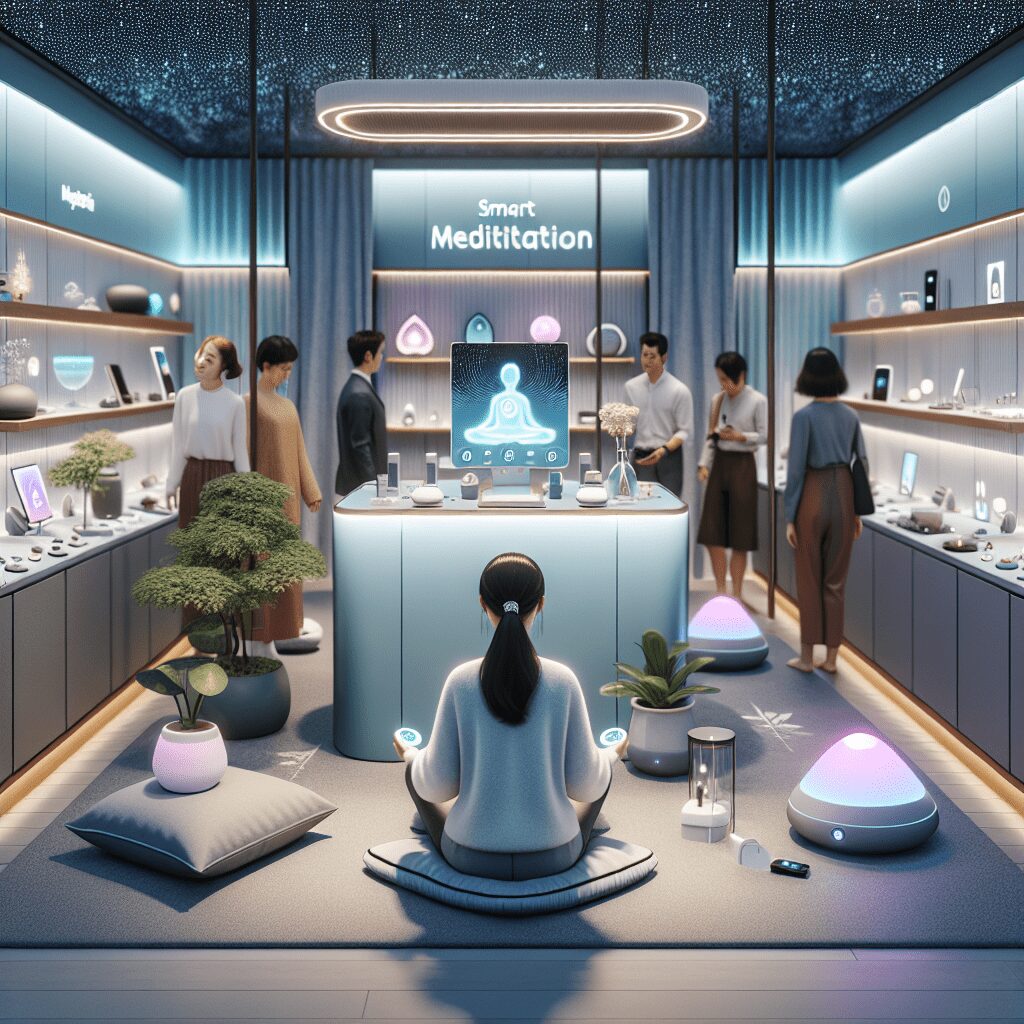
Prioritize your mental well-being daily. Enhance your life by nurturing your mental health with the Smart Meditation app. Break free from stress, alleviate anxiety, and enhance your sleep quality starting today.
Does Coffee Reduce Riskof Depression?
Brewing Insights: The Connection Between Coffee and Depression Risk
Ah, coffee – that aromatic elixir of the gods which fuels our mornings and perks up our afternoons. For many, it’s a non-negotiable ritual, a sacred brew that’s as essential to the daily routine as brushing teeth. Yet, the humble coffee bean harbors more secrets than just the key to surviving Monday mornings. Recent studies have stirred up quite the conversation about coffee’s impact on mental health, particularly its potential to reduce the risk of depression. So, let’s dive in, shall we? Keep your cups ready, for we’re about to pour some hot facts and figures.
Caffeine and Serotonin: What’s the Brew-haha?
Before we jump the gun, it’s crucial to understand the mechanism at play. It all boils down to our brain chemistry – namely, a neurotransmitter called serotonin, often dubbed the “feel-good hormone”. Caffeine, coffee’s most raved-about compound, plays a nifty trick on our brain. It blocks a specific receptor, leading to a boost in serotonin and dopamine levels. This is akin to turning up the volume on your favorite feel-good playlist.
Now, onto the burning question: Can swigging back your daily java actually ward off the blues? Well, put simply, yes – but with a side of caution. Let’s hash out the facts:
The Percolating Evidence
Research has begun to trickle down, suggesting a link between regular coffee consumption and a decreased risk of developing depression. A meta-analysis, combining the data from numerous studies, found that coffee drinkers had a lower risk of depression compared to non-drinkers. In particular, a study spearheaded by the Harvard School of Public Health revealed that women who drank four or more cups of coffee per day had a 20% lower risk of depression compared to those who drank little to no coffee.
But hold your horses – before you start pounding espresso shots like there’s no tomorrow, consider the word of caution from researchers. The relationship between coffee and depression isn’t a one-size-fits-all. Factors such as genetics, lifestyle, and even the type of coffee can play a significant role.
The Fine Print: Moderation is Key
Just like everything in life, moderation is the golden rule. Excessive caffeine consumption can actually backfire, leading to jitteriness, insomnia, and even anxiety. Yes, it’s a bit of a tightrope walk – but finding the right balance is key. Aim for a sweet spot that perks you up without tipping you over.
Additionally, it’s worth noting that while coffee might have a protective effect, it’s not a cure-all. Mental health is a complex tapestry, influenced by a myriad of factors. A holistic approach, encompassing a balanced diet, regular exercise, and professional support, is paramount.
So, what’s the bottom line? Coffee, in moderation, could indeed be a cheerleader for your mental health, potentially lowering the risk of depression. However, it’s merely a piece in the larger puzzle of wellness. So next time you savor that cup of joe, remember – it’s more than just a wake-up call; it might just be a small sip towards brighter days. Just ensure you’re balancing your java joy with a dollop of healthy living – now that’s a recipe for happiness. Drink up, responsibly!





